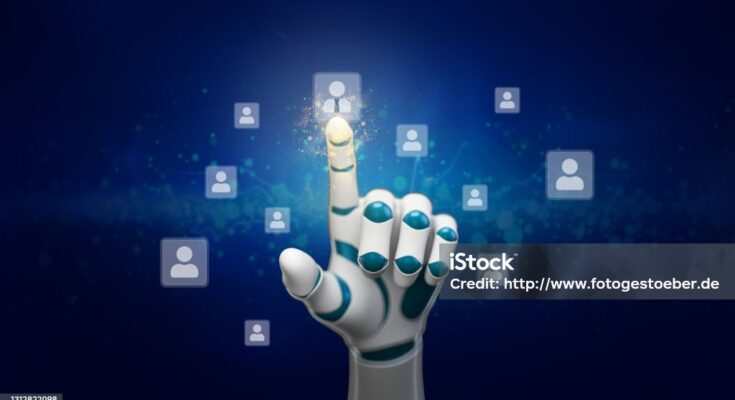Artificial intelligence (AI) is not just a concept from science fiction movies anymore; it is now part of our daily lives. From voice assistants to automated customer support and even self-driving cars, AI is reshaping how we live and work. But with all this innovation comes a wave of questions: What effects has AI had on employment? Is it opening or shutting doors?
In this article, we will discuss both the positive and negative effects of AI on employment, using data, expert insights, and real-world trends.
Benefits of AI on Employment
1. New Career Paths Are Emerging
AI has sparked the creation of entirely new industries. Jobs like AI engineers, machine learning specialists, data scientists, and prompt engineers were unheard of just a decade ago. Tech companies and startups are on a hiring spree for these positions, often offering salaries that exceed the industry average.
2. Increased Productivity
Businesses that embrace AI tools are seeing a boost in productivity. By automating routine tasks like data entry, scheduling, and reporting. Employees can shift their focus to more creative, strategic, and high-value work. According to McKinsey, AI could potentially add up to $4.4 trillion in annual productivity gains worldwide.
3. Remote and Hybrid Work Opportunities
AI-driven tools for virtual collaboration, meeting summaries, and project management (think Otter.ai, Notion AI, or Zoom AI Companion) are propelling the remote work revolution, making flexible, location-independent jobs more accessible than ever.
AI’s Negative Effects on Employment
1. Job Displacement in Traditional Sectors
AI is taking over roles that involve repetitive, rule-based tasks like data entry clerks, basic customer service agents, and even some entry-level journalism positions. A report from Goldman Sachs suggests that AI could displace up to 300 million full-time jobs globally in the near future.

2. Widening the Skill Gap
The rise of AI has created a demand for specialised skills. Unfortunately, not everyone has access to the education or resources to upskill. This is especially true in developing countries, which could increase unemployment or underemployment if not properly addressed.
3. Mental Pressure and Job Insecurity
Even employees whose jobs are not directly threatened frequently report anxiety and stress over being replaced by automation. This sense of uncertainty is changing workplace culture and how people plan their careers.




